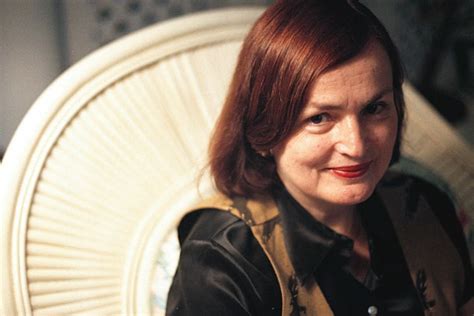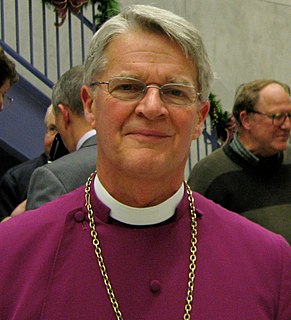A Quote by Edwin Hubbel Chapin
Death makes a beautiful appeal to charity. When we look upon the dead form, so composed and still, the kindness and the love that are in us all come forth.
Related Quotes
The passage of time has not altered the capacity of the Redeemer to change men’s lives. As he said to the dead Lazarus, so he says to you and me: “come forth.” Come forth from the despair of doubt. Come forth from the sorrow of sin. Come forth from the death of disbelief. Come forth to a newness of life. Come forth.
Death is the twin of love and mother of us all, she struggles equally for men and women and never accepts differences of caste or class. It's death that quickens us and brings us forth on sheets of love, clasped between sleep and wakefulness and barely breathing for a spell, and thus my death shall be like everybody else's death, as majestic and as pathetic as a king or a beggar's, neither more nor less.
Whatsoever causes no annoyance when it is present, causes only a groundless pain in the expectation. Death, therefore, the most awful of evils, is nothing to us, seeing that, when we are, death is not come, and, when death is come, we are not. It is nothing, then, either to the living or to the dead, for with the living it is not and the dead exist no longer.
By a beautiful paradox of Divine love, God makes His Cross the very means of our salvation and our life. We have slain Him; we have nailed Him there and crucified Him; but the Love in His eternal heart could not be extinguished. He willed to give us the very life we slew; to give us the very Food we destroyed; to nourish us with the very Bread we buried, and the very Blood we poured forth. He made our very crime into a happy fault; He turned a Crucifixion into a Redemption; a Consecration into a Communion; a death into Life Everlasting
The resurrection is not a static and an isolated event fixed in the past, but the unleashing of a power and force that takes the form of a death defying love. Resurrection is ever present, constantly accosting us, challenging us, stretching us, cracking us open and seeking to have its way with us in order that we might come to maturity in Christ.
Only in truth does charity shine forth, only in truth can charity be authentically lived. Truth is the light that gives meaning and value to charity. That light is both the light of reason and the light of faith, through which the intellect attains to the natural and supernatural truth of charity: it grasps its meaning as gift, acceptance, and communion. Without truth, charity degenerates into sentimentality. Love becomes an empty shell, to be filled in an arbitrary way.
The earthly form of Christ is the form that died on the cross. The image of God is the image of Christ crucified. It is to this image that the life of the disciples must be conformed; in other words, they must be conformed to his death (Phil 3.10, Rom 6.4) The Christian life is a life of crucifixion (Gal 2.19) In baptism the form of Christ's death is impressed upon his own. They are dead to the flesh and to sin, they are dead to the world, and the world is dead to them (Gal 6.14). Anybody living in the strength of Christ's baptism lives in the strength of Christ's death.
I want to try to come away from that one directional, clear rectangular form. It's not used because it's the most beautiful form; it's just the practical thing. That's why our TVs are rectangles. Even in modern architecture, they want us to believe, "That's the nicest, most beautiful thing." I love modern architecture, but actually it's that they cannot afford amorphous shapes or ornaments.


































